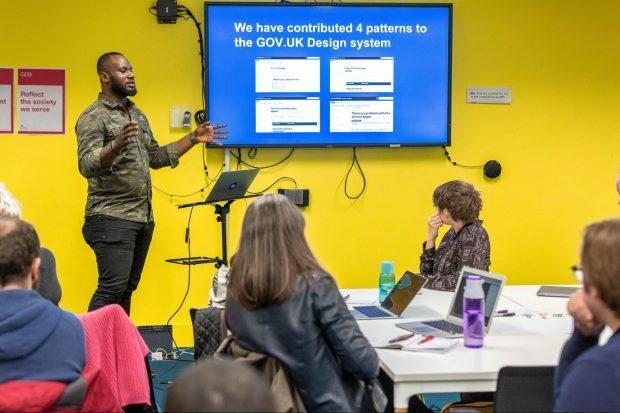e-Learning Ecologies MOOC’s Updates
If you aren't part of a community of practice, you are wasting time and money.
User centred design is a relatively new and evolving profession, particularly as applied to government services.
New knowledge being built all the time, so practitioners need to keep up to keep their skills relevant. They also need to solve complex issues for which there are no standard solutions. They need to navigate complexity and learn on the job in order to create effective public services.
In this environment, access to a community of practice or "affinity space" is vital. Participants have access to a collective intelligence that far outweighs their individual capability. They can benefit from the experience of others, and share their insight.
The a communities of practice that I work with benefit from ubiquitous learning in several ways.
For example, there are online forums, group email lists or connections on social media which people can use to post a question on anything at any time and get answers, guidance and support in real time from fellow practitioners.
Which takes me back to the title of the post. Without access to these communities and learning opportunities, civil servants are left trying to solve problems on their own, replicating effort and created siloed knowledge. In effect, wasting precious public resources.
Example of a community of practice in government
Collectively produced artefact, UK Government design system
govdesign meetup:



When you feel like you belong in your job and are passionate about it, you learn new skills and come up with new ideas. This helps you get past problems and make important and helpful goods and services for the community. word hurdle
Belonging and passion for the profession result in endless skills and creativity, thus overcoming difficulties in order to reach vital and positive products and services for the community.
Throughout the student's scholastic life, and don't disregard that it is characterized by differing qualities in results and evaluation and depends on execution and learning outcomes, @friday night funkin
I think one way to look at learning is that it is a process of gaining membership to a community of practice, with the assumption being that the community of practice consists of people who are proficient at whatever the target KSAs are and learners are not yet competent.
In a sense then, learning is like a gaining membership in a culture, in which insiders have knowledge, skills, attitudes, and beliefs many of which non-members may not yet have. Learning the language of practice, accepting and sharing the values of practitioners (within the practice), and sharing knowledge and skills with practitioners is the goal of learning.
This is not to say that learners lose their individual identities as they transition into the community. We are all members of the cultures in which we developed as individuals. While we share much with other members of the culture; artifact, sociofact, and mentifact if you will, we are clearly strongly individuals as well.